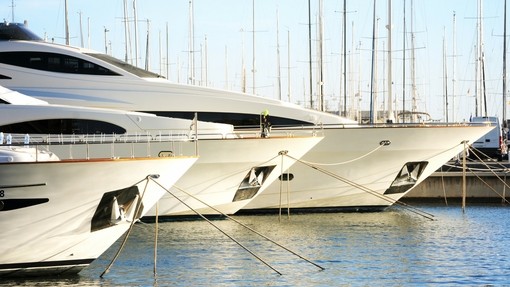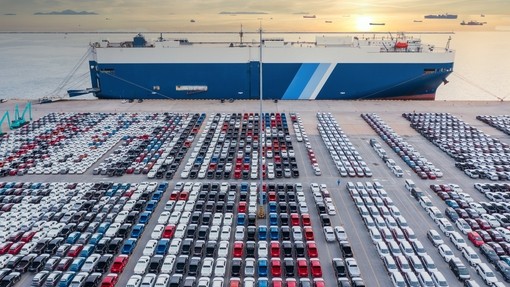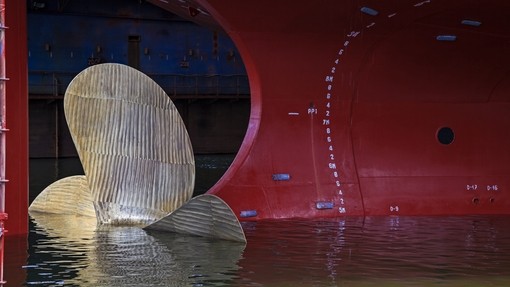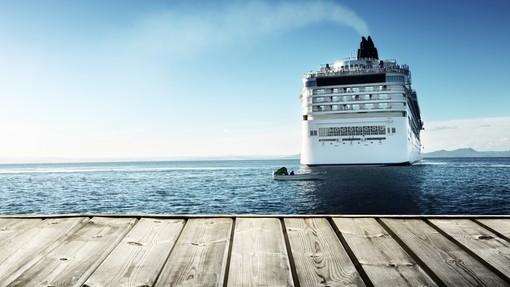Calculation of damages – a cautionary tale for inter-company transactions

Details
Palmali Shipping SA –v– Litasco SA [2020] EWHC 2581 (Comm)
Under English law, claimants can only recover in damages their ‘net loss’ which should give credit to any losses saved. In this case, owners, who did not own their own fleet, had to deduct from their loss of profits claim the cost of chartering in vessels from associated companies, even though, in practice, owners may never actually have had to pay these costs.
Background
The facts of this case are hotly disputed, but Palmali Shipping SA (the Owners) contended that they had entered into a long-term COA with Litasco SA (the Charterers) for the exclusive carriage of oil between certain ports. Owners pleaded that the Charterers were in breach of the exclusivity and minimum quantity obligations under the COA and sought damages for loss of profit of around US$1.9 billion.
Summary application - net loss calculation of damages
The Charterers applied for summary judgment on the Owners’ quantification of loss of profit claim on the basis that it wrongly assumed that the Owners would not have incurred any expenses in chartering in their own fleet vessels to carry the additional cargos under the COA. This was not supported by evidence.
In fact, the Owners did not own their ‘own fleet’ but chartered in vessels by entering into ship management agreements (SMAs) with ship-owning companies that belonged in the same beneficial ownership as the Owners. Under the SMAs, the COA revenues would be held on the account of the related ship-owning companies, which, in turn, invoiced the Owners for freight due. These invoices were recorded on the Owners’ books as an inter-company debt or payable. The ship-owning companies would only pay the Owners a management fee of 2.5%.
The Owners argued that the terms of the SMAs did not reflect the practical basis on which the vessels of their own fleet were actually operated. The Owners’ position was not that the SMAs or the Owners’ books were a ‘sham’, instead, the Owners accepted that the inter-company debt was a ‘real’ asset of the ship-owning company, which would be available to its creditors in case of an insolvency. The Owners suggested, however, that ‘in practice’ they were never required to pay the invoices and were entitled to treat all of the sums earned under the COA as their own. Mr Justice Foxton granted the Charterers’ application and held that:
- When determining the loss suffered, the ‘net loss approach’ should be followed.
- In conducting this ‘net loss’ calculation, the Owners should have taken into account not only the expenses incurred and the benefits lost as a result of the breach, but also the expenses saved and the benefits obtained. An unpaid liability could constitute a loss for the purposes of calculating damages.
- The Owners’ argument that the court should ignore the liabilities owed to their associated shipowning companies was a significant departure from the conventional position. The inter-company balances clearly showed that these liabilities were real and remained.
- The Owners’ evidence, therefore, fell short of proving that the Owners would never have to discharge their liabilities against the ship-owning companies.
- In light of the above, the judge concluded that the Owners did not have real prospects of succeeding on this part of their claim at trial and summarily dismissed it; the Owners had to account for their liabilities to the ship-owning companies when calculating their ‘net loss’.
Amendment application – the transferred loss principle
The Owners sought to amend their particulars of claim to formulate their damages on the alternative basis that they were entitled to recover the total amount of their loss of profit claim under the transferred loss principle. The ‘transferred loss’ would be the loss of profits that the ship-owning companies would have made under contracts, which they would have entered into with the Owners. The judge dismissed this alternative basis and held that:
- The transferred loss principle operates only where the common intention or the ‘known object’ of a contract is to benefit a third party so that the foreseeable result of breaching the contract is the loss to that third party. • In this case, the ‘known object’ of the COA was to benefit the Owners. The Owners were contracting with the Charterers for their own benefit and it was their decision whether they would charter their own fleet or third party vessels - not the Charterers’.
- If the ship-owning companies had suffered any losses, these should be claimed under their contracts with the Owners.
- The ship-owning companies suffered, at best, the loss of the opportunity to conclude a contract with the Owners and the principle of transferred loss does not extend so far.
Conclusion
This judgment highlights how inter-company transactions can have a dramatic impact on the size of the damages suffered by way of loss of profits. It also serves as a reminder that the ‘transferred loss principle’ has limited application to situations where a contract is entered into for the benefit of a third party, and is not capable of extending so far as to include the loss of opportunity of a third party to conclude a contract.






